Nitra castle
Hi.
Today, in my post, we will go to see an ancient Slovak city. I will guide you around Nitra and we will go straight to see the dominant feature of the city, which is the Nitra Castle. The castle now stands proudly above the city, as it did many years ago.
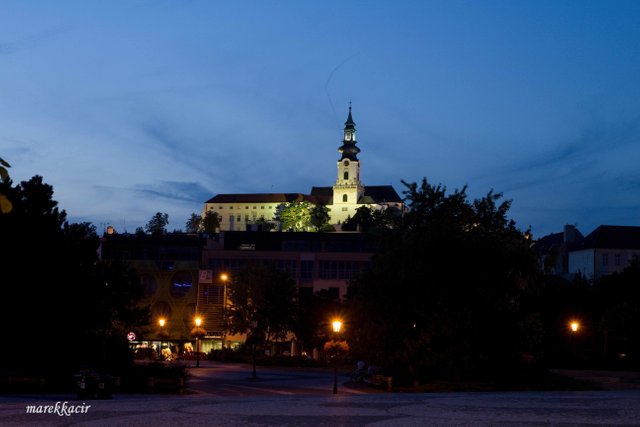
My first steps were directed there when I arrived in Nitra. So first I packed my things in the dormitory and only then went to the castle. Nitra is close to my heart because I graduated here. I digressed a bit from the topic, but that's how introductions are supposed to be.
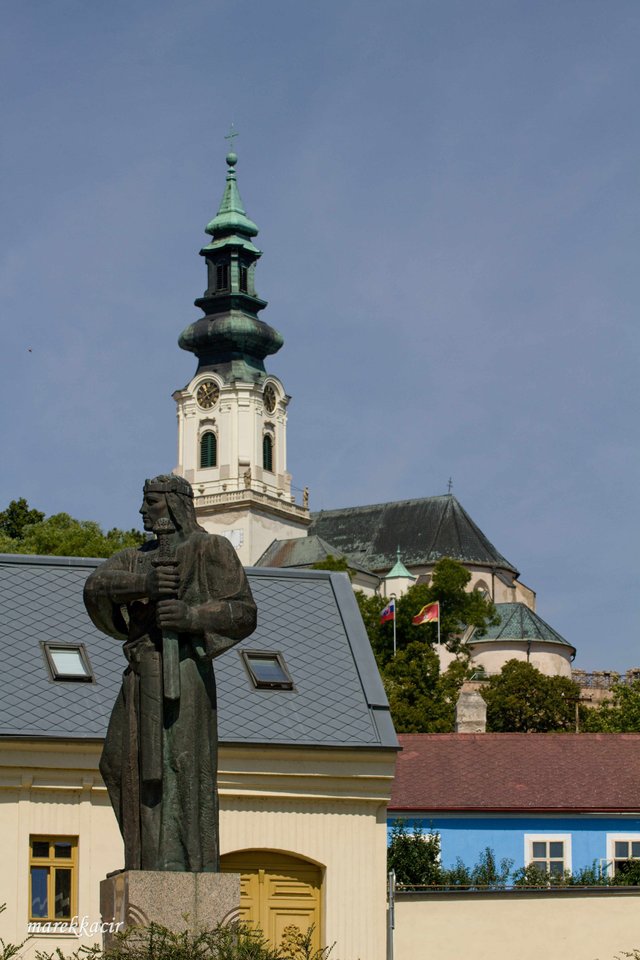
The history of the castle dates back to the 8th century, when the Principality of Nitra began to form here. The castle hill is not high, but it was well protected by a natural barrier. The Nitra River surrounded it on three sides and it was a suitable place to build a fortress. Prince Pribina chose it as his residence.
Later, when the Principality of Nitra became part of Great Moravia, the castle served as the residential center of the prince. He was expanding the castle.
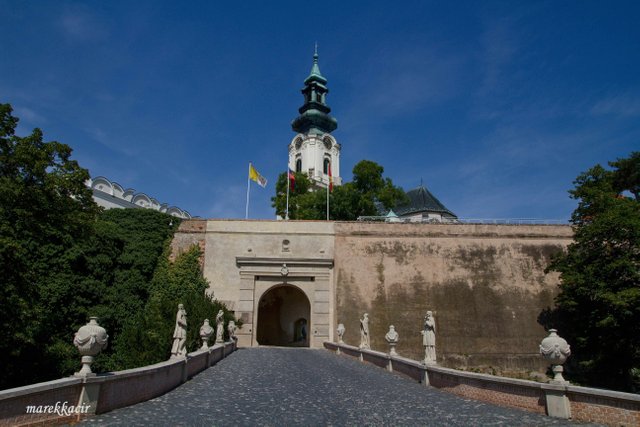
Thanks to its location, Nitra castle was exposed to several challenges. One of them was the invasion of the Tatars on the territory of today's Slovakia. At that time, the castle was already a massive stone fortress. After the defeat of the Hungarian troops in the Battle of Slaná, the Tatars had a free way to plunder and occupy new territories in Hungary. Castles stood in their way, and one of those that resisted their attack was Nitra Castle. It happened in 1241.
It was worse a few years later, when in 1271 a war broke out between the Czech king Přemysl Otakar II. and the Hungarian king Štefan V. The Czech king captured and ravaged the castle. Then the church of St. Emeráma.
The defenders did not have time to recover and repair the damage, and the Czech king did something similar two years later.
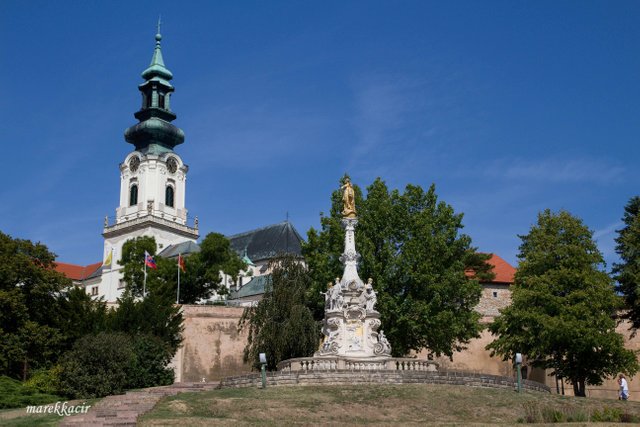
These losses marked a turning point in the fate of Nitra Castle. In 1296, the Hungarian king donated the ruined castle to the bishop, and since then the castle has been the bishop's property. It has remained until today, because it is the seat of the bishop. Because of this, it is only partially accessible to the public. One of the parts we went to see is the church. When entering it, you must have your body sufficiently covered. We were there in the summer. It was hot and the girls were wearing shorts and tank tops. But before entering, they had to cover themselves with prepared clothes.
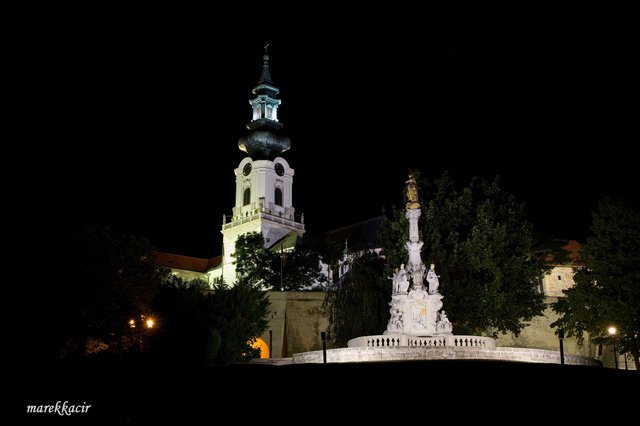
But let's go back to the past. Despite the fact that the castle became the residence of the Bishop of Nitra, it was fought over again in 1311. This time the army of Matúš Čák Trenčianske came to Nitra. He did not agree with the Hungarian king Karol Robert and his patron the pope. Therefore, not even with the bishop of Nitra, and the conflict was in the world. Matúš Čák conquered and plundered the castle.
The invasion of the Hussites on the territory of Slovakia did not escape the Nitra Castle either. And so in 1440 the castle was recaptured by the army of Ján Jiskra from Brandýs.
Medieval Hungary was the center of internal power struggles. After all, who wouldn't want to be king, right? So, for example, after the death of the Hungarian and Czech king Ladislav Pohrobek, part of the nobility chose Matej Korvín as their king. The other part did not agree with him and wanted to make the Polish king Casimir the Hungarian king. He and his army occupied a large part of Slovakia and chose the Nitra castle as his headquarters. It was in 1471. A year later, the castle was besieged by Matej Korvín. The latter captured him, but Kazimír managed to escape.
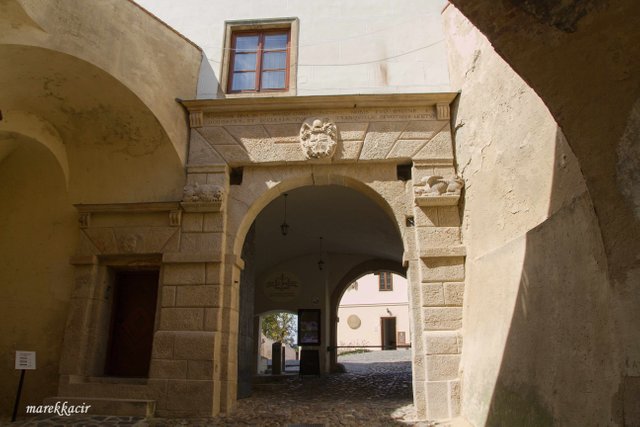
Want to hear about another power struggle? This time, the Transylvanian Duke Ján Zápoľský and the Austrian Archduke Ferdinand I are bidding for the empty Hungarian throne. Nitra supported Ferdinand, so the army of Ján Zápoľský attacked the castle and occupied it in 1528.
Due to the Turkish threat, they decided to improve the fortifications of the castles in Hungary. The defense capability of the Nitra Castle also improved, but despite this, the Turks conquered it for a short time in 1663.
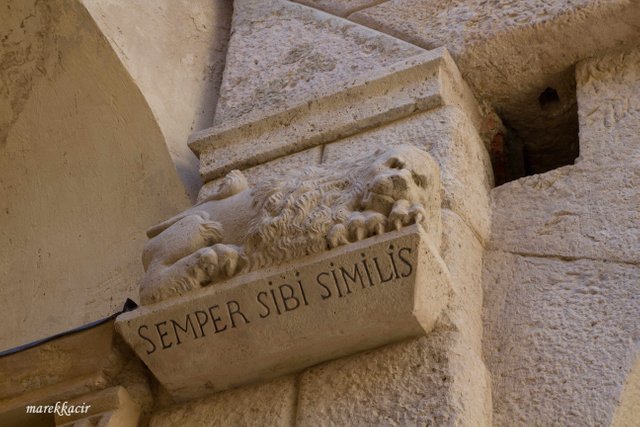
Subsequently, the castle resisted the attacks of two rebel armies. At first, the rebels of Imrich Tököly and later even the Kuruks of the Transylvanian Grand Duke František II failed to conquer it. Rákoczi. At first, he managed to conquer only the lower town, and only a year later, with the arrival of his chief general, the castle also fell. The Kurucs held on for four years, but were finally defeated by the Imperial army.
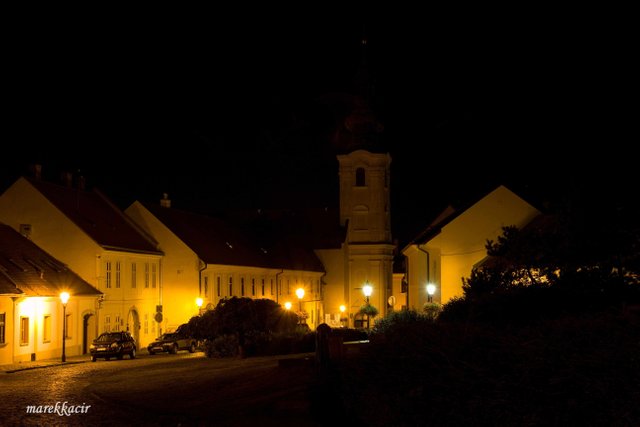
That was the last battle at Nitra Castle. He really skipped a lot during his existence. In the post, I mentioned only some of the military events that happened here. Well, since I like stories and they clearly belong to castles, I will tell you the one about Vodník at Nitra castle.
They dug a deep well on the cliff. It was said that it was fed by the river Nitra itself. The beautiful Žofia used to sit by the well and sing to herself. She was an orphan who had been serving at the castle for some time. She was very beautiful and there was no man who did not want to marry her. She rejected everyone and waited for the right one.
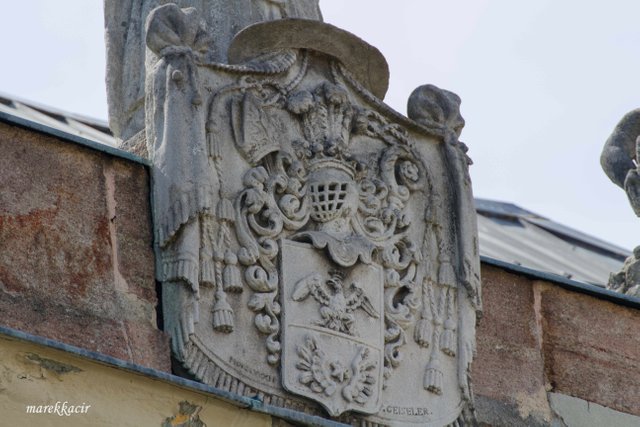
One day she sat down by the well and began to sing. After some time, a nobleman dressed in green clothes approached her. Žofia liked him immediately. They understood each other and arranged another meeting for the next day.
Jakub watched their conversation from a distance. He was head over heels in love with Žofia. When the nobleman left, Jakub ran to Žofka. He didn't like the gentleman, he had never seen him in the castle before. He also told Žofia his concerns. However, she told him that she had just chosen a groom.
Žofia met the unknown nobleman every day. But one day he didn't come. Sad Žofia sat by the well and waited. Suddenly a voice came from the well. It was the voice of her lovely nobleman. Zofka zofka, do you want to be mine forever? He asked. I don't desire anything else, she answered and rushed to the well to see where her beloved was. At that, the waterman pulled her into the well, and no one has ever seen her since.
Thank you